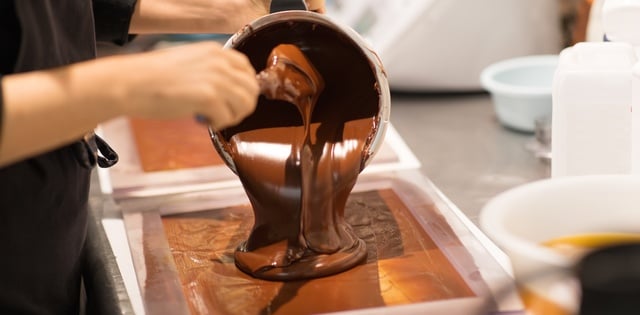Why Do Cars Depreciate in Value So Fast?


With cars, there’s a concept called depreciation. It’s the opposite of appreciation, where something becomes more valuable as time goes on. With depreciation, the object decreases in value, particularly as it passes certain milestones in its use.
If you’re going to go shopping for used cars, Utah residents, then you should understand why they do not cost as much as new ones. It’s because of depreciation. You should also realize that the longer you own and operate a used car, the less it is going to be worth as well.
Why do cars depreciate in value so fast, though? It’s a subject worth talking about, and we will do so right now.
The Vehicle’s Age
You might have heard that the first time you decide to purchase a brand-new car and drive it off the lot, the value of it drops by about 20%. That’s astonishing when you think about it.
While that’s just a rough estimate, there’s a huge difference in the eyes of the car-buying public between a used car and a new one. Even if you buy a new car that has only a few hundred miles on it, you have no way of knowing what the first owner was doing with it.
Everything about the vehicle might look okay, but you don’t know the conditions under which the first owner was driving it. You don’t know what they were doing with all the vehicle’s operating systems and delicate internal components.
By contrast, if you buy a brand-new car, meaning you’re the first owner, you can feel certain that the vehicle was calibrated and checked in every way by the manufacturer. This accounts for the somewhat precipitous drop-off that you get in value when the car goes from new to used.
The car will continue to drop in value during the first 4-5 years of a person owning it, more so than at any other time. You can count on the car dropping in value by approximately an additional 15% with each of these years that passes. You’ll end up with a car that’s worth about 60% of the original value 4-5 years after buying it, even if you have treated it very gently.
After five years, the car will be worth about 40% of the original price. That might not seem right or fair, but it’s simply the way the market works.
The Vehicle’s Mileage
The mileage on a vehicle also matters. If you drive it very seldom, the car should retain its value a little better. If you drive the car for work, or take frequent road trips, you can feel sure that it will drop in value faster.
Generally speaking, the fewer miles a car has on it, the more value it retains. That’s not the only factor, but it’s a notable one.
A car that passes 100,000 miles will drop in value significantly, since that’s one of the major thresholds that people look for in determining how well a vehicle will hold up over time. It’s true that it seems like a fairly arbitrary number, but don’t be surprised if you see a steep drop in what you can get from a second buyer of your car if it has gone over that mark on the odometer.
The Car’s Wear and Tear Factor
There’s also the wear and tear factor when you’re looking at how fast a car’s value depreciates. When you drive your vehicle off the lot for the first time and start using it in a variety of traffic situations and conditions, you’ll logically start to use all of the accessories and features that come with it.
These will include things like shifting gears, rolling the windows up and down, turning on the heat or the AC depending on the temperature, and so forth. There’s no logical reason that doing these things, assuming you are operating these systems correctly, should automatically cause the value of the car to go down, yet it does.
The idea in most car buyers’ minds is that if you’re using the stereo system, the car’s heating and cooling components, and everything else that comes with it, that they will wear down. It’s debatable whether that’s actually the case or not, but it seems to be a common thought with someone who’s looking for a used car.
The Truth About Older Cars
While it’s not an established fact that a used car’s various internal systems and components will function any worse than those on a brand-new one, one thing is undeniable. If you have an older car, even one that you treat very well, it means that the systems and components that come with it are gradually becoming out of date.
By contrast, if you buy a brand-new car, it is liable to come with better technology. It’ll have all the latest bells and whistles, particularly in the realm of safety features. For instance, at a certain point, it was mandated by the government that all new cars had to come with backup cameras, something that earlier models didn’t have.
If you know that an older car does not have a long list of features that a new one does, it makes more sense that the older vehicle would not be worth as much money, regardless of how the first owner treated it. This is probably the one factor that makes the most sense in regard to car depreciation.
Newer cars come with more, and older ones with less, especially if you’re looking at high-end models. When you factor that in, on top of everything else we’ve mentioned, it becomes more acceptable to most people that they should be able to get less for their car if they have owned it for ten years and are now looking for a buyer.
However, you can mitigate car depreciation at least a little by taking good care of the vehicle. You can at least show a second buyer that you were a careful, responsible first owner.









